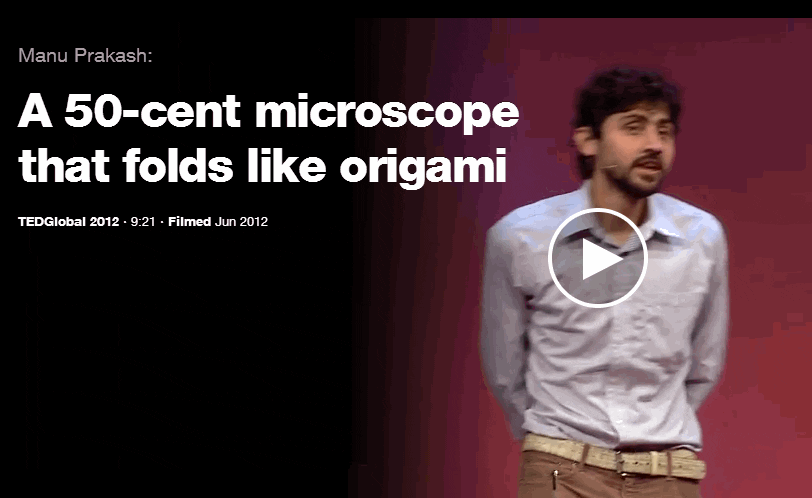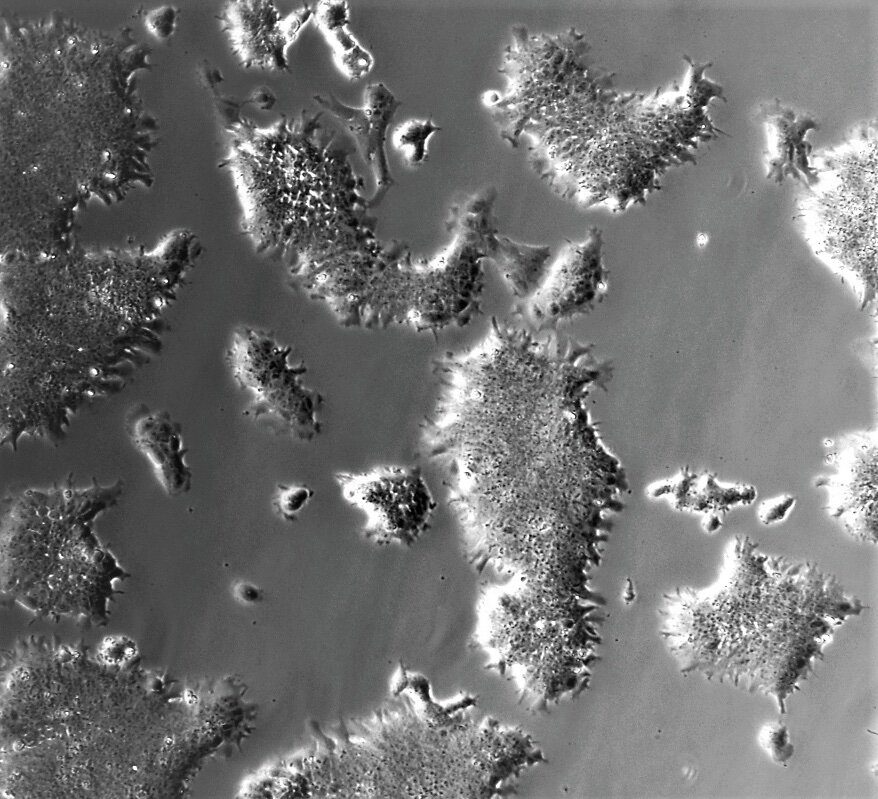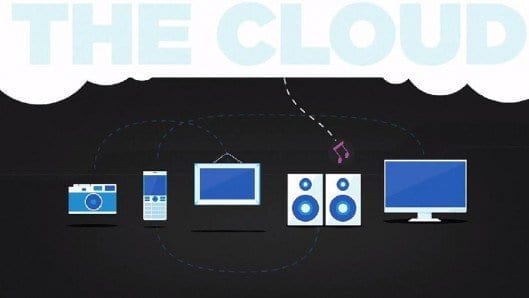
“You had a roomful of scientists, including two Nobel Prize winners, staring at this with wonder”
Manu Prakash keeps a map on his bedroom wall that imagines what the world would look like if it were configured according to the scientific research that each region produces.
Judged this way, he said, “Africa just disappears, India is small, and China is only a little bigger.”
To combat that inequity, Dr. Prakash has proposed the creation of a “frugal science.” He believes that by distributing powerful yet inexpensive laboratory instruments he can play the role of a scientific Johnny Appleseed, spreading science and medical opportunity around the globe.
“Today people look at these extraordinary labs and forget that in the 1800s they could still do the exact same science,” he said, referring to major research laboratories and the work accomplished in far more modest settings. Dr. Prakash, 34, a biophysicist and an assistant professor at Stanford University, is designing laboratory tools that are significantly cheaper and in some cases more powerful than existing professional equipment.
Last month he received widespread attention for his Foldscope, a 3D-printed microscope assembled from origami-folded paper. The microscope will make it possible for schoolchildren, laboratory technicians and even the world’s best scientists to have the imaging power of a desktop instrument worth several thousand dollars at the cost of less than a dollar.
He said he hopes to put paper microscopes in the hands of every child in the developing world, providing them with the ability to see for themselves such things as whether their drinking water is clean.
“I want to explore what happens to society when microscopes are a common day-to-day term,” he said recently in an interview in his laboratory at the James H. Clark Center at Stanford. The microscope is part of Dr. Prakash’s larger vision of providing “science laboratories for the rest of us.” And that goal was further advanced earlier this month when he and a graduate student, George Korir, were awarded the $50,000 first prize in the Moore Foundation Science Play and Research Kit Competition, a challenge to reimagine the ubiquitous chemistry set of an earlier era that could capture the imagination of a new generation of young scientists.
Read more – it’s fascinating . . .
The Latest on: Frugal science
[google_news title=”” keyword=”Frugal science” num_posts=”10″ blurb_length=”0″ show_thumb=”left”]
via Google News
The Latest on: Frugal science
- Sofía Vergara Graces the Cover of PEOPLE's Beautiful Issue — and Gets Real About Dating, Growing Older and Her Secrets for Beautyon May 1, 2024 at 5:19 am
Sofia Vergara, who is on the cover of PEOPLE's Beautiful Issue 2024, shares her thoughts on who she wants to date next, what her dealbreakers are, her candid reaction to growing older and poses with ...
- Frugal Innovationon April 29, 2024 at 1:23 am
Key capabilities for frugal innovation in developed economies: insights into the current transition towards sustainability. Sustainability Science, Vol. 17, Issue. 1, p. 191. Mbabil Dok-Yen, David Yaw ...
- "I Did A No-Spend Year": 23 Frugal Habits People Tried And Ended Up Keeping Because They Liked Them So Muchon April 27, 2024 at 5:00 pm
Being frugal isn't just about cutting down on spending. Reducing waste and appreciating what you already have are also big frugal goals. Recently, u/_JosiahBartlet asked people on Reddit to share ...
- 'A billionaire can be a cheapskate': The difference between frugal and cheap, according to an etiquette experton April 25, 2024 at 12:15 pm
In this era of rising costs and tightening budgets, legion money experts are happy to give you advice on how to be more frugal — how to slash costs, save on groceries and avoid frivolous ...
- Trump is too "frugal" to have paid so much money for a hush payment, his lawyer sayson April 22, 2024 at 6:28 am
In his opening statements, Donald Trump’s lawyer Todd Blanche took a stab at painting the criminal defendant as an innocent and “frugal” family man, telling jurors Monday that his client is ...
- I’m a Frugal Shopper: Why I Prefer Dollar General Over Dollar Treeon April 17, 2024 at 9:01 pm
Read Next: 5 Healthy Grocery Items Frugal People Buy at Sam’s Club Try This: How To Get $340 Per Year in Cash Back on Gas and Other Things You Already Buy While Dollar Tree remains a strong ...
- Frugal Money Habits That Are Actually Making You Pooreron April 16, 2024 at 6:09 am
In fact, some frugal habits, with their siren songs of ... Thrift shopping is an art and a science, but when your home starts resembling a storage unit for “just in case” deals, it’s time ...
- I’m a Frugal Shopper: 6 Food Items Even I’d Never Buy Cheapon April 14, 2024 at 6:35 pm
Frugal shoppers are savvy with their money when it comes to most areas of life, including the groceries they buy. But just because they refrain from spending more than they need doesn’t mean ...
- Exploring The Depths With OceanX And HBCUson October 23, 2023 at 5:13 am
I learned a lot about frugal science/civil science onboard, and it really shaped the way I see science. It's more of a lens to look at the world through, inquisitively and without judgement.” ...
- A 39-year-old 'frugal' self-made millionaire shares 4 books that helped him get rich youngon August 22, 2023 at 10:36 am
My wife and I both came from very humble beginnings, and are still very frugal. We consider ourselves ... Pausch was a computer science professor at Carnegie Mellon University, and he was ...
via Bing News










